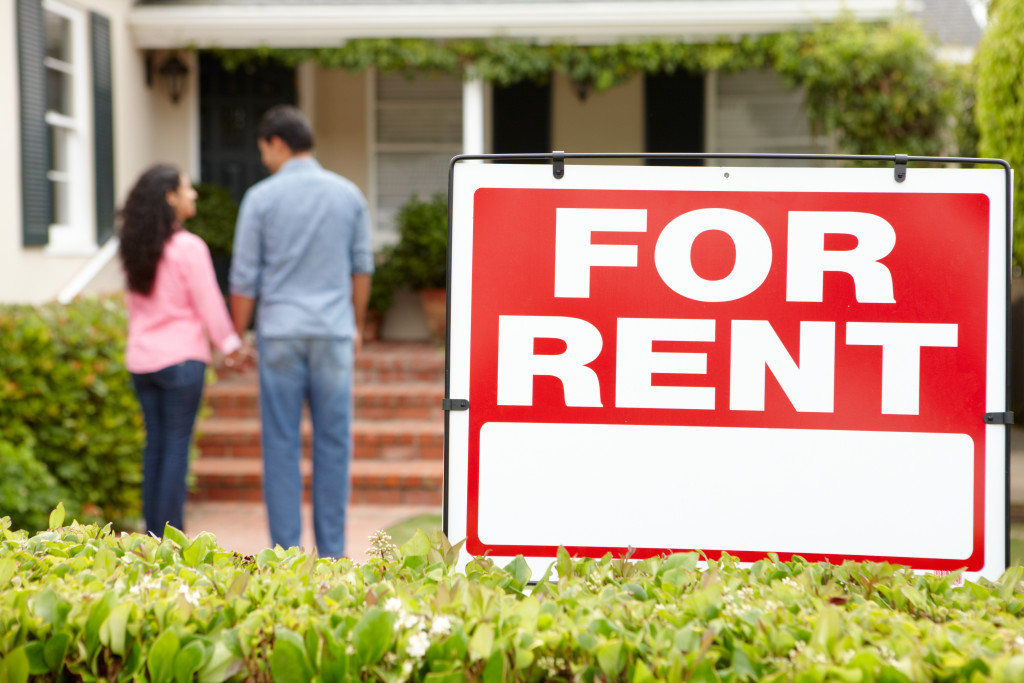It’s one thing to know that you want to build an estate and leave behind a legacy, but it’s another to understand how to make it happen. Fortunately, you’re not alone in this process. There are plenty of experts who can help you get started, and one of the first decisions you’ll need to make is what type of property you want to develop.
When it comes to the real estate industry, there are two main types of properties: commercial and residential. But which kind of property is better? The answer to this question depends on several factors. To find out which option is right for you, it’s essential to understand the key differences between the two.
How Do Commercial Properties Differ from Residential Ones?
Everyone knows what residential property is — it’s a house, an apartment, a condo. But what about commercial properties? What are they, and how are they different from their residential counterparts? Here are the main differences between commercial and residential properties:
Difference #1 Usage
The first and most obvious difference between commercial and residential properties is their usage. Commercial property is used for business purposes, while residential property is used for living purposes. This distinction is important because it affects how the properties are taxed, regulated, and valued.
Difference #2 Tenants
The tenants of commercial properties are typically businesses, while the tenants of residential properties are typically individuals or families. This difference is significant because companies have different needs than individuals and families. For example, businesses may need more space, or they may need to be located in a specific area to be successful.
Difference #3 Maintenance
The way commercial and residential properties are maintained also differs. Commercial properties are typically required to be well-maintained, as they are often subject to strict regulations. On the other hand, residential properties are not generally subject to the same level of regulation. This difference is crucial because it can affect the costs of owning and operating commercial or residential property.
Difference #4 Taxes
Commercial properties are typically taxed at a higher rate than residential properties. This is because businesses generate more income than individuals and families. The tax rate for commercial properties is also typically higher than the tax rate for residential properties. This difference is crucial because it can affect the profitability of owning and operating commercial or residential property.
What are the Pros and Cons of Each Type of Property?
Before you consider which type of property is a better investment, it’s essential to understand the pros and cons of each type. That way, you’ll know that you took the time to weigh all your options when you decide. Here’s a quick overview to help you decide:
Commercial Properties — Pros
- They can be more profitable since they are often taxed at a higher rate.
- They can be easier to maintain since they are subject to strict regulations.
- They tend to appreciate at a higher rate because businesses are always in demand.
- They can be easier to sell because there is a larger pool of potential buyers.
Commercial Properties — Cons
- They can be more expensive to purchase or build because of the higher tax rate.
- They can be more challenging to find tenants for because businesses have specific needs.
- They tend to be more difficult to finance since they are considered a higher risk.
Residential Properties — Pros
- They tend to be less expensive since they aren’t subject to the same level of regulation.
- They tend to be easier to finance because they are considered lower risk.
- They can be easier to find tenants for because of a larger pool of potential renters.
Residential Properties — Cons
- They can be less profitable since they are often taxed at a lower rate.
- They tend to appreciate at a lower rate because there is a limit to the number of people who need a place to live.
- They can be more challenging to sell because there is a smaller pool of potential buyers.
Which Type of Property is a Better Investment Option?
The answer to this question depends on your individual needs and goals. If you’re looking for a property that will appreciate at a high rate and generate a lot of income, commercial property is a better investment option.
However, if you’re looking for a property that is less expensive and easier to maintain, you’ll benefit more from investing in a residential property. Ultimately, the best investment option will depend on your specific circumstances.
If you want a diverse investment portfolio, you could also consider investing in commercial and residential properties. This way, you can enjoy the advantages of both types of properties. But since this will require substantial capital, you’ll still need to choose which kind of property you’ll go with first.
So, what you need to do is determine your goals. Once you know what you’re looking for, you can evaluate the pros and cons of each type of property to decide which is the better investment option for you. Good luck!

